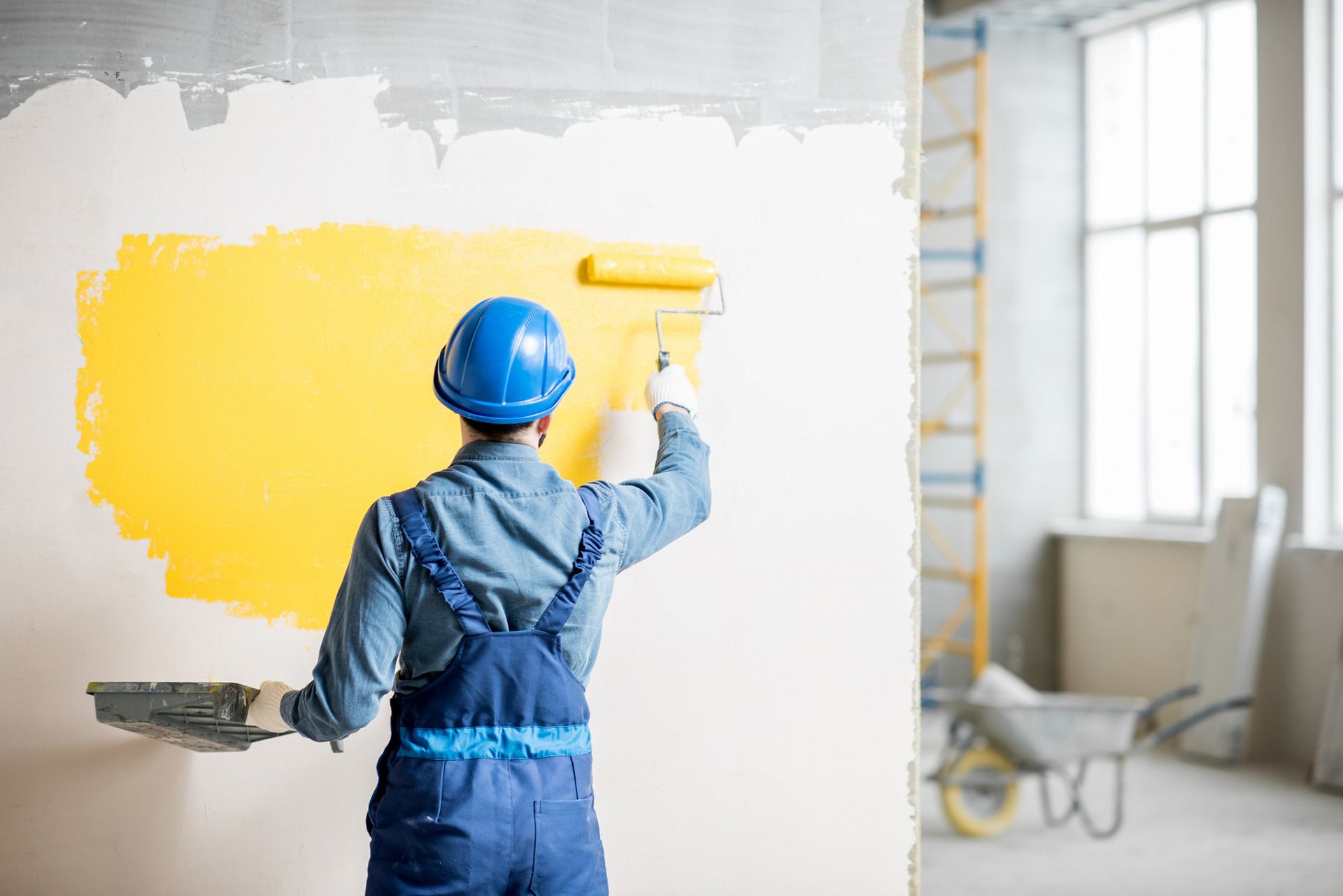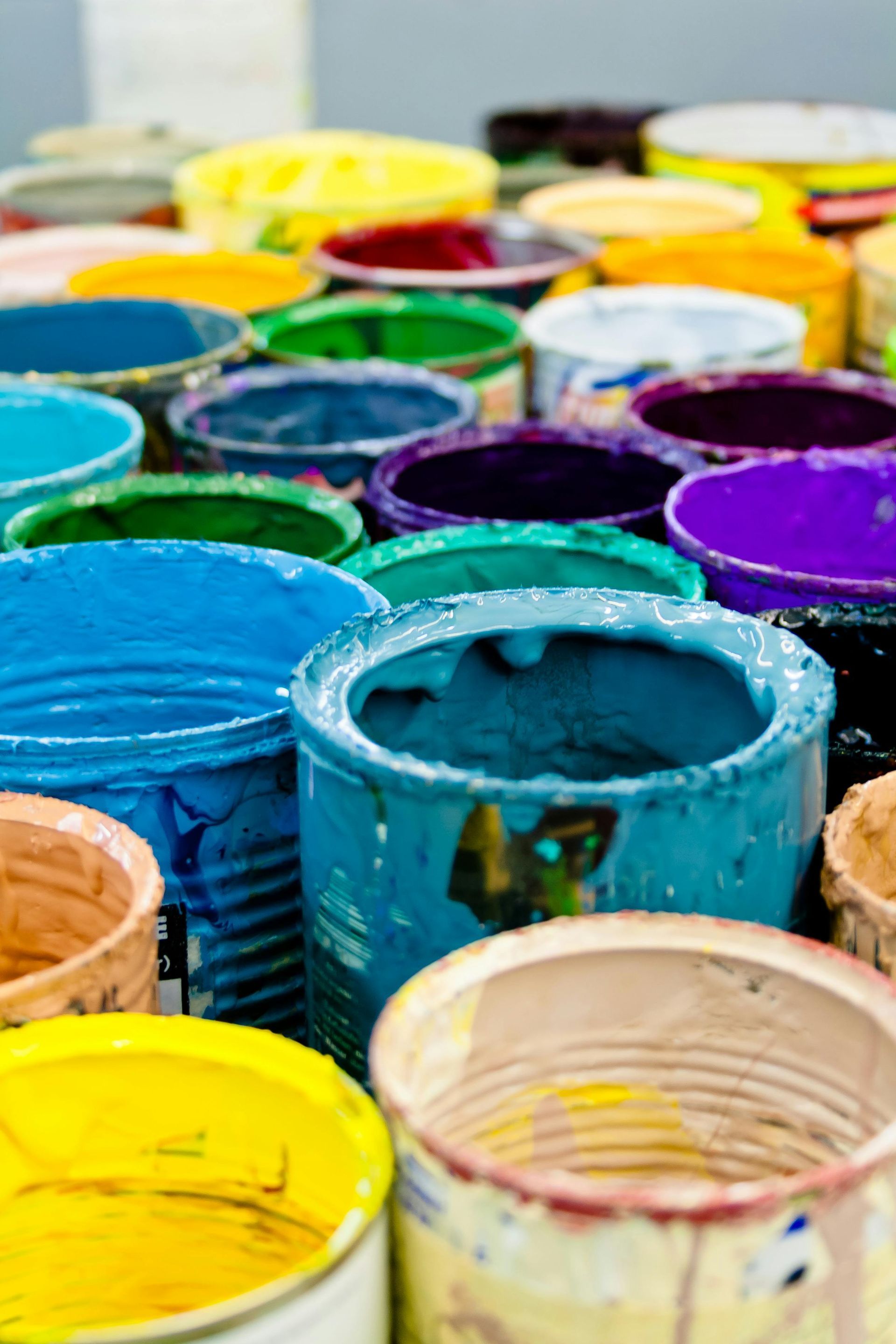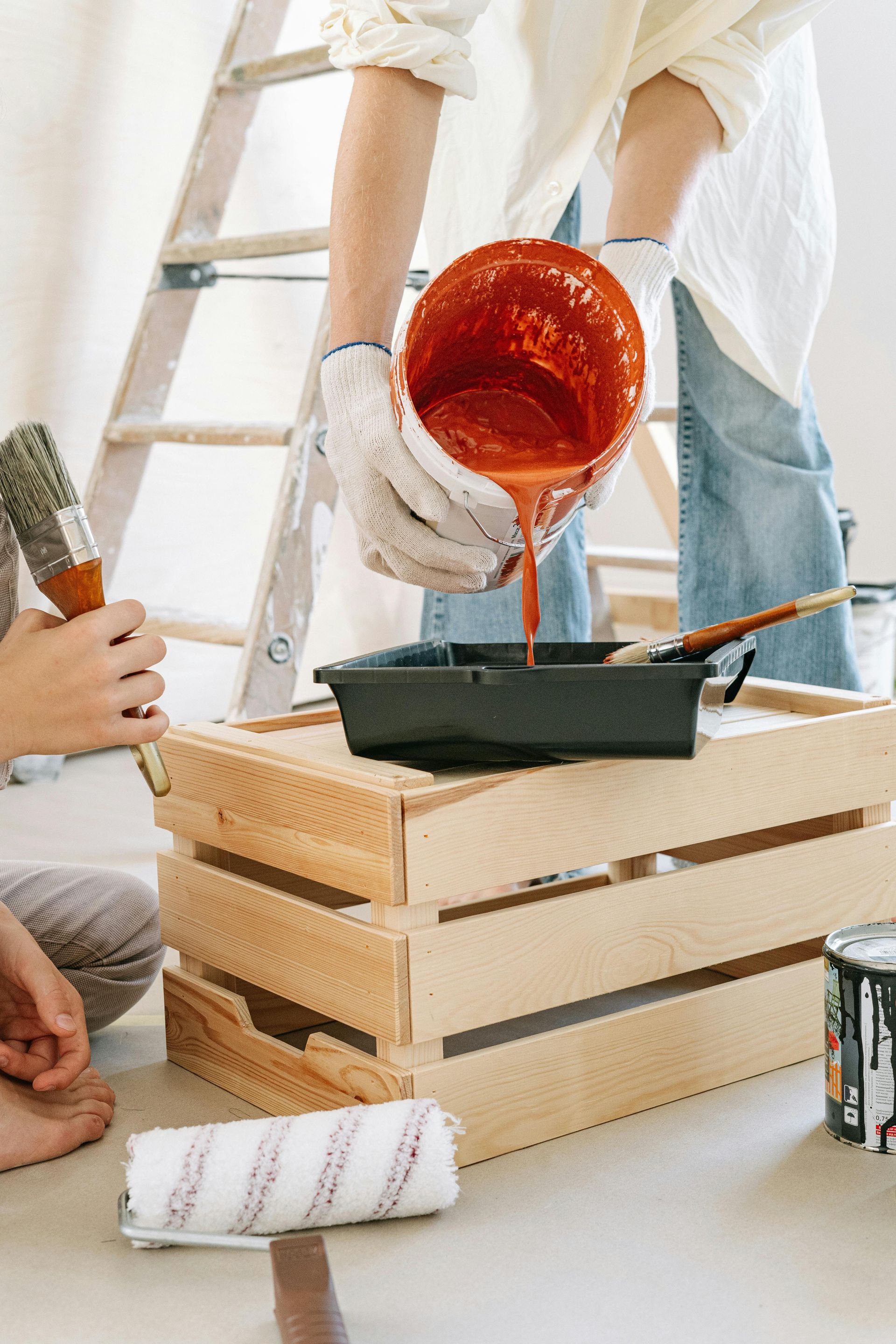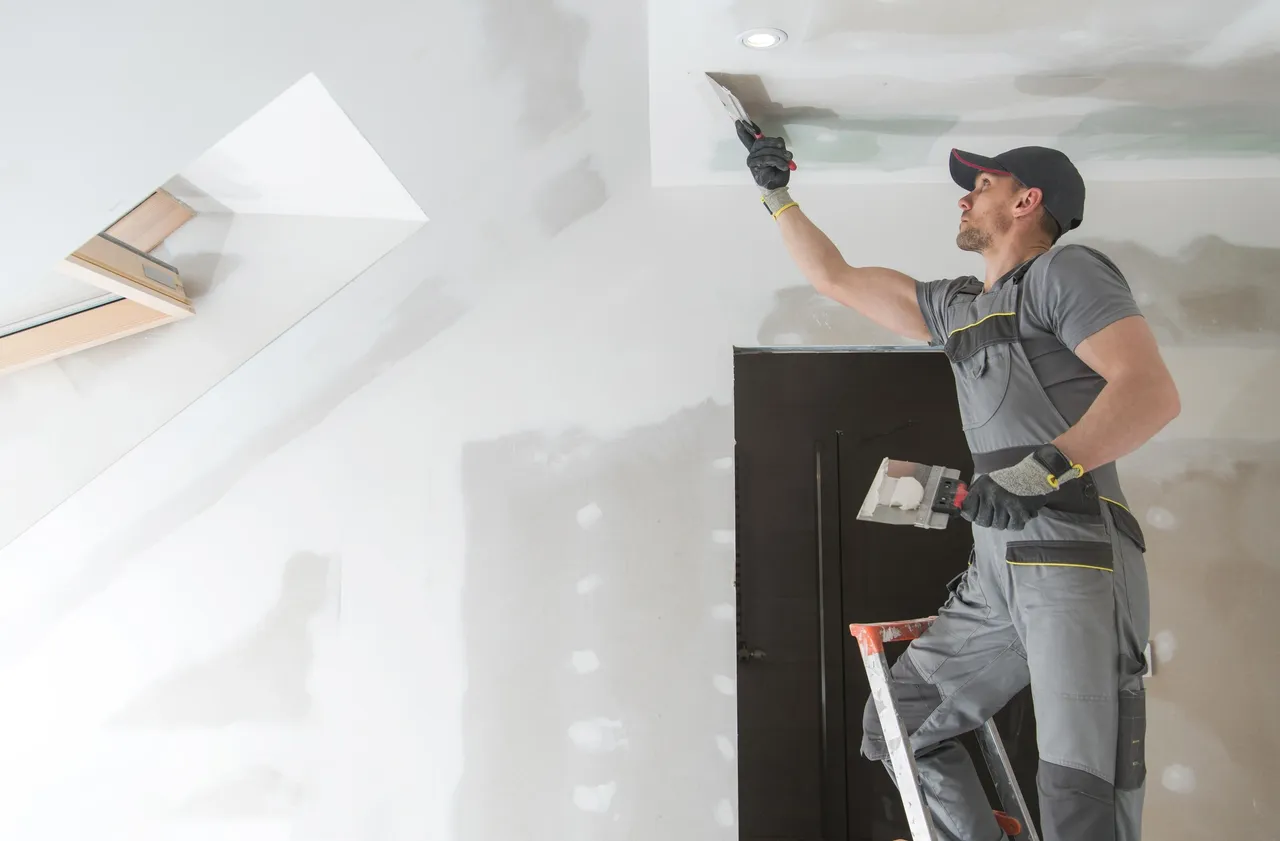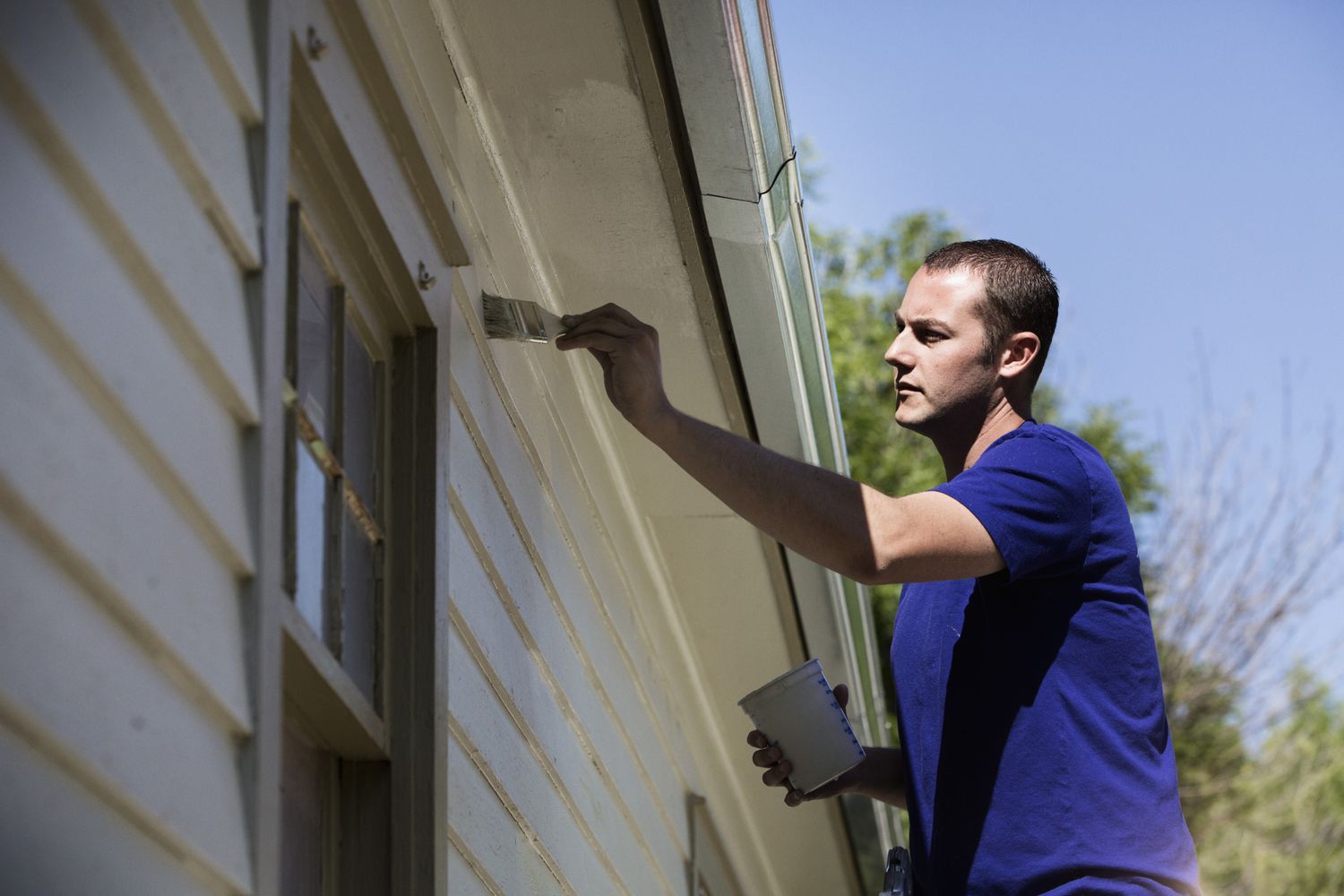Mold or Water Damage on Walls? Here’s How Paint Can (and Can’t) Help
When to Paint, When to Repair: What Homeowners Need to Know About Moisture-Damaged Walls
Dealing with mold or water damage on your walls? You’re not alone. In Bridgewater and across Massachusetts, the changing seasons and humid conditions can take a toll on homes—especially older ones. At PTG Painting, we often get calls from homeowners asking if a fresh coat of paint can fix these kinds of problems. The short answer? It depends.
Here’s what you need to know about what paint
can do—and what it
can’t—when it comes to mold and water damage.
What Paint Can Do
1. Cover Stains (After Proper Treatment)
If you’ve had a one-time leak that’s been professionally repaired, paint can help cover any unsightly stains that remain. A high-quality primer and stain-blocking paint can work wonders on water marks, leaving your walls looking brand new.
2. Prevent Future Mold Growth
There are specialty paints on the market designed to resist mold and mildew. These are ideal for high-moisture areas like bathrooms, kitchens, or basements. When applied correctly, mold-resistant paints can slow down future growth—but they’re only effective
after the underlying issue has been resolved.
3. Improve Appearance and Value
Even if your wall had previous damage, repainting after repairs gives your home a fresh, clean look. It’s a smart move if you're preparing to sell or just want to enjoy your space again.
What Paint Can’t Do
1. Fix Structural Damage
Paint is not a magic fix. If the drywall or plaster has been compromised due to prolonged water exposure, it will need to be replaced or repaired before painting.
2. Kill Mold
Painting over active mold doesn’t solve the problem—it hides it. And worse, mold will continue to grow underneath the paint, eventually resurfacing. Before painting, mold must be properly cleaned and treated, usually with a mold-killing solution or professional remediation.
3. Stop a Leak
If the source of water damage—like a leaky pipe or roof—hasn’t been fixed, any paint job will be short-lived. Water will find its way back in, and the damage will continue under the surface.
Our Advice as Local Painters
In the humid Massachusetts climate, we’ve seen our fair share of homes with moisture issues. If you notice bubbling paint, musty smells, or visible staining, it’s time to take action.
Step 1: Find and fix the source of the moisture.
Step 2: Repair or replace damaged materials.
Step 3: Use mold-resistant primer and paint to finish the job right.
At PTG Painting, we offer professional painting services throughout Bridgewater and the surrounding areas, and we’re happy to assess your situation and recommend the best approach. Whether you need help choosing the right products or a full repaint after repairs, we’re here to make your home look and feel its best.
Need help with paint after water damage?
Contact us today for a free estimate. Let’s get your walls—and your home—back to looking great!

